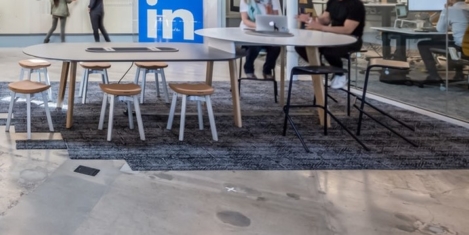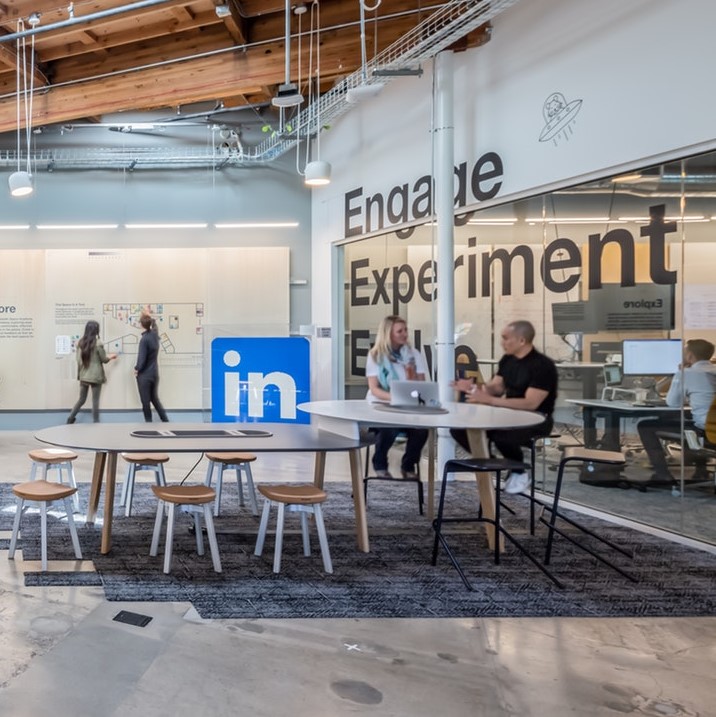To provide the best experiences, we use technologies like cookies to store and/or access device information. Consenting to these technologies will allow us to process data such as browsing behaviour or unique IDs on this site. Not consenting or withdrawing consent, may adversely affect certain features and functions.
The technical storage or access is strictly necessary for the legitimate purpose of enabling the use of a specific service explicitly requested by the subscriber or user, or for the sole purpose of carrying out the transmission of a communication over an electronic communications network.
The technical storage or access is necessary for the legitimate purpose of storing preferences that are not requested by the subscriber or user.
The technical storage or access that is used exclusively for statistical purposes.
The technical storage or access that is used exclusively for anonymous statistical purposes. Without a subpoena, voluntary compliance on the part of your Internet Service Provider, or additional records from a third party, information stored or retrieved for this purpose alone cannot usually be used to identify you.
The technical storage or access is required to create user profiles to send advertising, or to track the user on a website or across several websites for similar marketing purposes.
 Rents for new, Grade A office space are likely to rise in many parts of London this year, a property consultancy has predicted. According to Carter Jonas, rents for prime located, new, mid-rise, Grade A space above 5,000 sq ft will typically increase by £1.50 – £2.50 per sq ft per annum by the last quarter of 2020 across most of the London office sub-markets. The forecast increases are being underpinned by continued low vacancy rates and unexpectedly strong demand as business confidence increases following the general election. (more…)
Rents for new, Grade A office space are likely to rise in many parts of London this year, a property consultancy has predicted. According to Carter Jonas, rents for prime located, new, mid-rise, Grade A space above 5,000 sq ft will typically increase by £1.50 – £2.50 per sq ft per annum by the last quarter of 2020 across most of the London office sub-markets. The forecast increases are being underpinned by continued low vacancy rates and unexpectedly strong demand as business confidence increases following the general election. (more…)


































January 21, 2020
The vaguery of workplace serendipity
by Neil Usher • Comment, Facilities management, Technology, Workplace design